His Beatitude Patriarch Daniel marks Friday the 15th anniversary of his enthronement as Primate of the Romanian Orthodox Church. September 30 is the official celebration of the Patriarch of Romania.
These years will be remembered for the Romanian Orthodox Church because of the efforts made to adapt to a rapidly changing environment while upholding its salvific principles. The actual head of the Romanian Orthodox has orchestrated all of this with pastoral wisdom.
While many of the Patriarch’s actions go unnoticed, the effects are still there, according to basilica.ro.
Basilica Media Centre
His Beatitude Patriarch Daniel considered it essential for the Orthodox Church to be represented in the Romanian media in this age of information overload.
His Beatitude founded the Basilica Media Centre on October 27, 2007, less than a month after being installed as patriarch. It is made up of five departments: Radio Trinitas, Trinitas TV, the Lumina publications, the Basilica News Agency, and the Press and Public Relations Office.
Basilica Pilgrimage & Travel Agency
The creation of a pilgrimage agency was another novelty within the Romanian Orthodox Church’s administration. It satiated the faithful’s need to be more than just tourists in Christian sacred sites.
The Romanian Orthodox Church now arranges trips that are led by its priests. The inauguration of the Basilica Travel Agency took place in 2007.
Romanian Saints canonised
Athanasius Todoran of Bichigiu, Basil of Mocod, Gregory of Zagra, and Basil of Telciu were formally declared as Holy Martyrs and Confessors of Năsăud in May 2008, less than a year after Patriarch Daniel’s enthronement. Thereafter, 30 more Saints were canonised. Saint Theophano Basarab is the most recent.
In 2025, additional canonisations will take place when the Romanian Orthodox Church marks 140 years of autocephaly and 100 years of patriarchal status. The majority of the priests being considered for sainthood were victims of communist regime persecution or martyrdom.
Renovation of the Patriarchal Palace
On December 6, 2010, the state ceded ownership of the structure now known as the Patriarchal Palace to the Romanian Patriarchate. The building was then converted into a conference centre. On property owned by the former Metropolis of Wallachia, the organisational forerunner of the Romanian Patriarchate, the Palace was built by the Romanian state at the start of the 20th century.
On January 24, 1859, the Electoral Assembly of Wallachia, presided over by Metropolitan Nifon, voted for the union of Wallachia and Moldavia by electing Prince Alexandru Ioan Cuza, who had already been elected as Prince of Moldavia.
The historical monument was subjected to extensive consolidation and restoration works between March 2014 and December 2015, which were funded by the European Union, the Romanian Government, and the Romanian Patriarchate. Today, guided tours of the palace are available to the general public.
Holy and Great Council of the Orthodox Church
The contribution of Patriarch Daniel to the Holy and Great Council of Crete (2016) has been recognised and appreciated throughout Orthodoxy. The Council did not provide dogmatic decisions but rather practical pastoral and missionary guidance that can be amended or improved by a future Orthodox Church Council.
Romania’s National Cathedral
Patriarch Daniel fulfilled “a mandate from his ancestors” by constructing a National Cathedral on the centennial anniversary of the Great Union of 1918, which created the state of Greater Romania.
On November 25, 2018, the Cathedral was consecrated by Ecumenical Patriarch Bartholomew I of Constantinople and His Beatitude Patriarch Daniel.
Social ministry
Although the National Cathedral remains a symbol of Patriarch Daniel’s leadership, even greater efforts were made to assist those in need.
The Romanian Orthodox Church has invested more than double the cost of the National Cathedral in social-philanthropic work over the last 15 years.
Hundreds of social institutions and programmes were established in collaboration with the authorities, benefiting thousands of Romanians. Only in 2021, the Church spent 44 million Euros on philanthropy.
Visits of the leaders of Autocephalous Churches
Many leaders of Autocephalous Churches have visited Romania in the last 15 years, demonstrating both good relations with sister Churches and Patriarch Daniel’s authority within the Orthodox world.
Among them were visits made by Ecumenical Patriarch Bartholomew in 2010 and 2018, Patriarch Theodoros of Alexandria in 2011, Patriarch John of Antioch in 2016, Patriarch Theophilos of Jerusalem in 2011 and 2018, Patriarch Kirill of Moscow, Archbishop Anastasios of Albania and Metropolitan Rastislav of the Czech Lands and Slovakia in 2017.
Pope Francis’ pilgrimage to Romania’s National Cathedral on May 31, 2019, is another significant moment of Patriarch Daniel’s first 15 years in office as patriarch. Pope Francis reminded Romanians of their great patriarch in an interview while leaving the country.
Improving the Statute of the Romanian Orthodox Church
The Holy Synod worked on numerous amendments to the Statute for the Organization and Functioning of the Romanian Orthodox Church between 2011 and 2019 under the direction of Patriarch Daniel. On February 10, 2020, they were printed in the Official Gazette. The main changes are shown here.
New dioceses and parishes in the diaspora
The Romanian Orthodox Church has decided to accompany its adherents abroad as a result of the widespread emigration of Romanians to Western Europe and other regions of the world.
In 2007, Patriarch Daniel founded three new dioceses: the Diocese of Northern Europe, the Diocese of Spain and Portugal, and the Diocese of Australia and New Zealand.
Wherever Romanians are more numerous, Romanian Orthodox parishes have recently been established abroad, such as in Japan, Syria, Southern Africa, and the United Arab Emirates (Dubai).
Bishops for the vacant sees of the Metropolis of Bessarabia
The concern for the Romanian diaspora and the Romanians who had historically resided near the current borders of the Romanian state coexisted.
The election of Bishop Antonie of Bălți and Bishop Veniamin of Southern Bessarabia to the previously vacant sees within the Metropolis of Bessarabia in 2018 was a significant move.
Promoting and supporting natural family
Protecting the Christian faithful and values from modern ideologies contradicting Christian morals has been the Church’s outstanding achievement in recent years.
Patriarch Daniel frequently urged society to save the natural family and frequently gives guidance to parents and young people in his homilies.
The Church has inspired and helped families in need through different social and educational programmes.
The Church had the chance to assess the level of the secularisation of Romanian society, as well as the major social positions regarding the affirmation and protection of moral values based on religious belief and the bimillennial Christian history of the Romanian people, through the Referendum for Marriage organised by a lay initiative and held in 2018.
The referendum’s results, which were overwhelmingly in favour of natural marriage, were not able to be legally upheld, but the Romanian Patriarchate declared that “an incomplete success calls upon more hope and more labour.”
Church during the Pandemic
Over the past 15 years, the Romanian Orthodox Church has consistently faced new difficulties. However, it persisted despite these difficulties, even before the Covid-19 health catastrophe.
People arriving from Italy were quarantined in facilities graciously provided by Romanian monastics in March 2020. There were numerous church-sponsored fundraising events that were held to support the isolated and purchase medical equipment. Prayer was offered in addition to the material assistance to foster community from a distance through the help of technology.
Isolation, fear, denial, or even revolt gradually gave way to taking charge in communities. Romanian Christians once again discovered that suffering helps us better appreciate life’s greater purpose despite having to deal with limitations, illness, and death.
The clergy have had the greatest exposure to the new virus since they have been fighting the pandemic’s effects. Numerous abbots, clerics, and spiritual fathers joined the Heavenly Triumphant Church after Archbishop Pimen of Suceava and Rădăuți.
Solemn and Commemorative Years
The Romanian Patriarchate provides a Christian subject of solemnity and remembrance to each year, beginning with 2008, a Solemn Year of the Holy Scriptures and the Divine Liturgy.
All dioceses host artistic, educational, missionary, and social-philanthropic events under the aegis of these topics.
The year 2022 is a Solemn Year of Prayer in the Church’s life and the Christian’s life, as well as a Commemorative Year of the Hesychast Saints Paisius (Velichkovsky) of Neamţ, Gregory Palamas and Symeon the New Theologian.

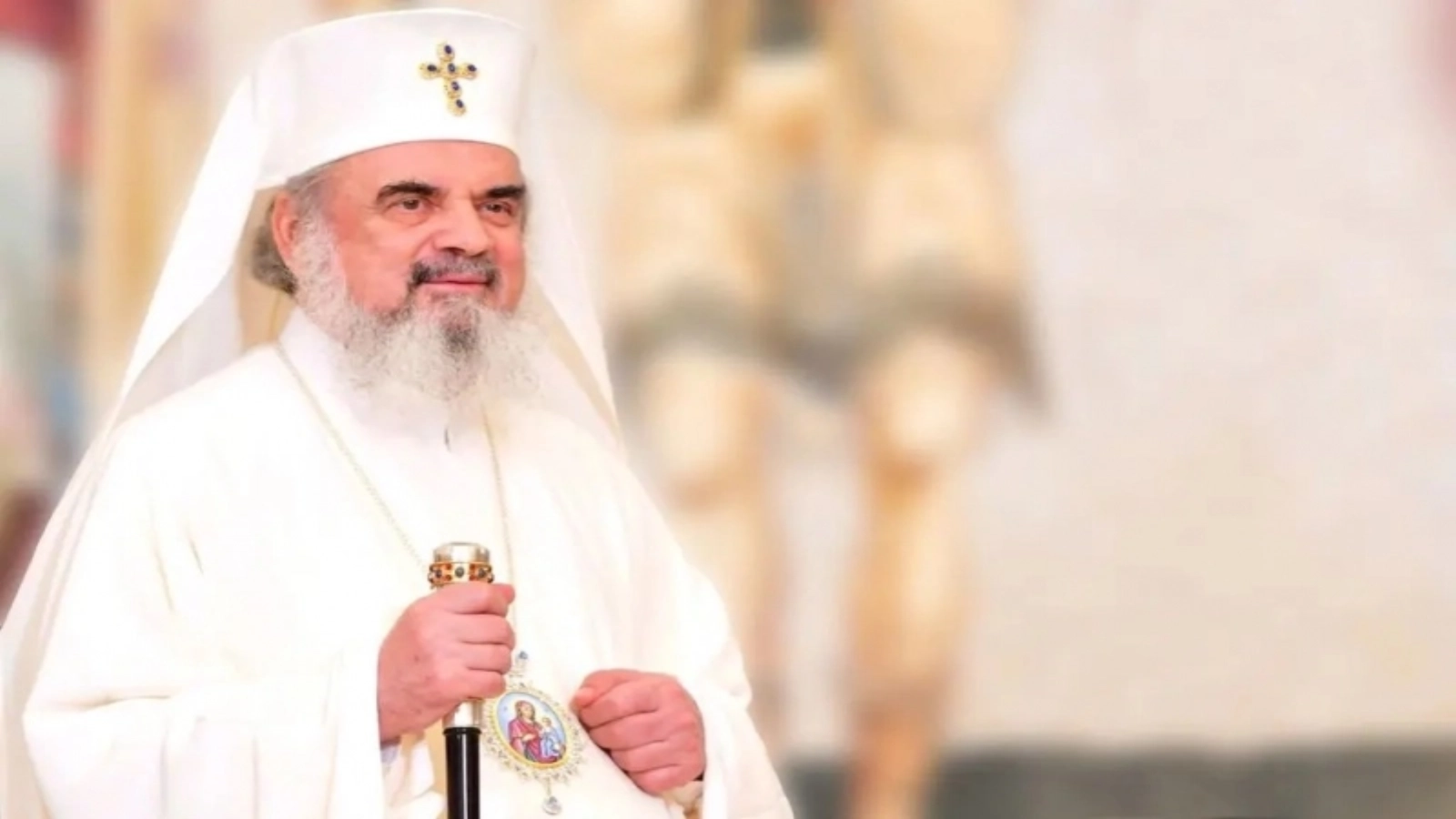
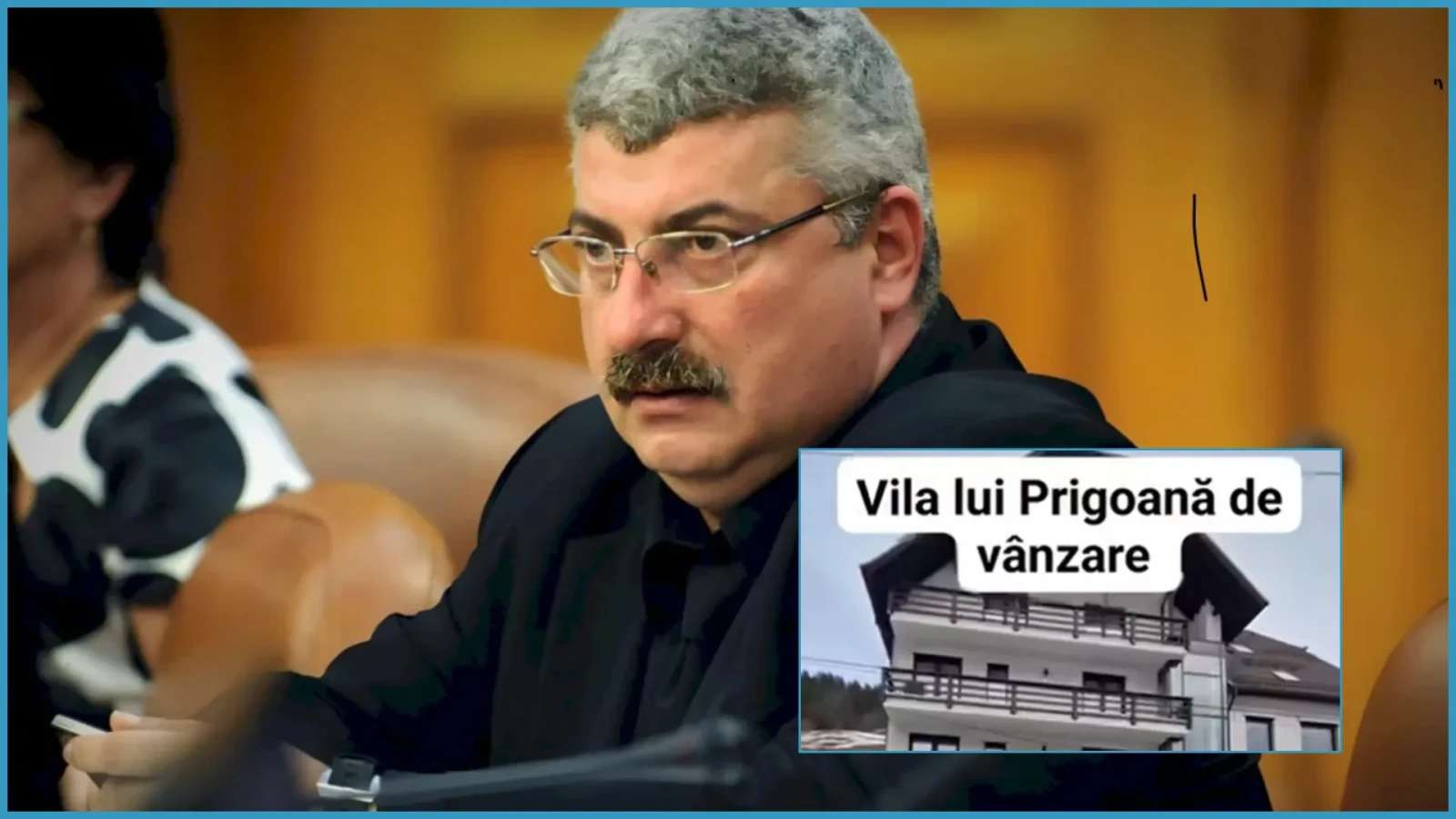
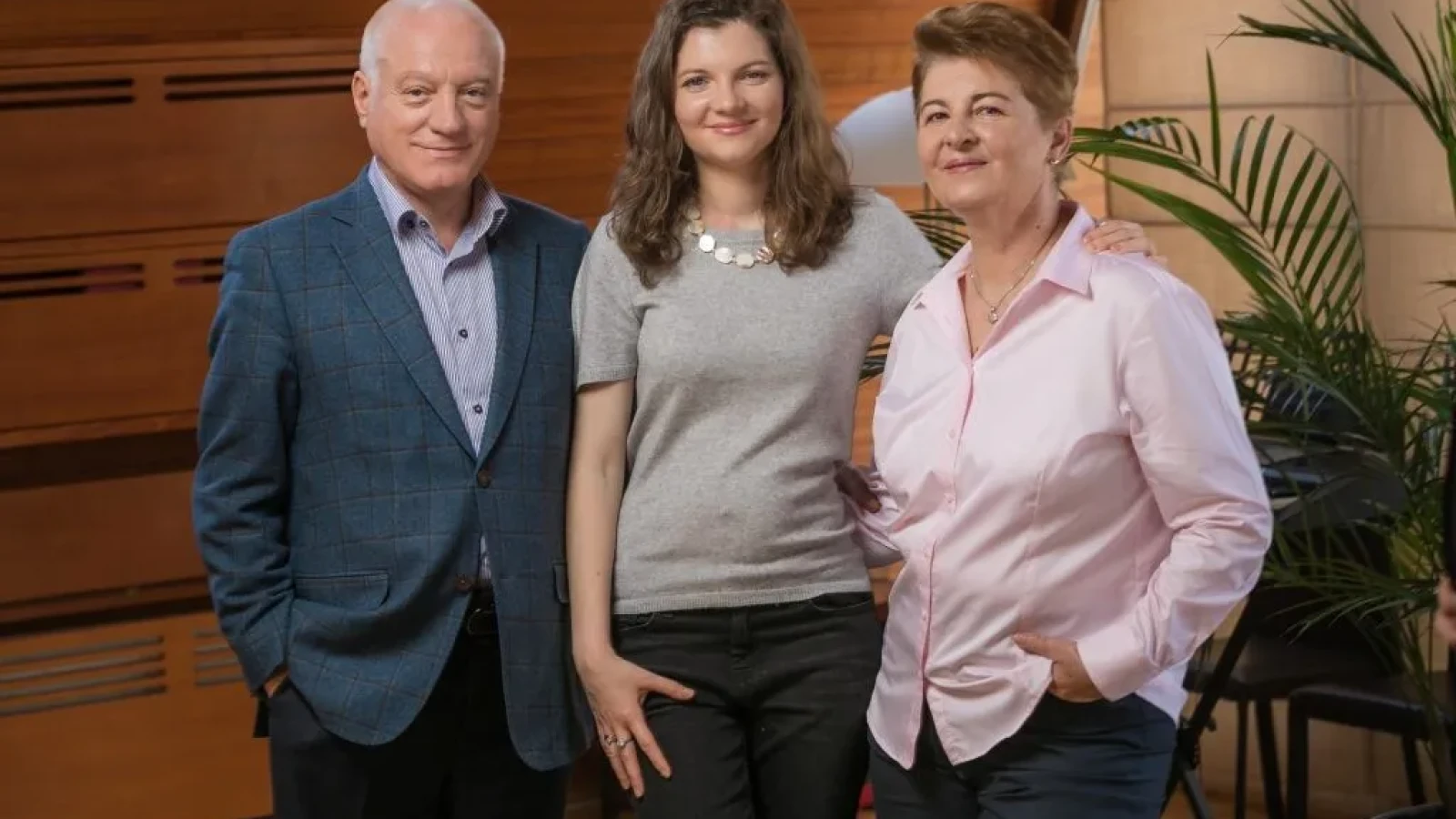

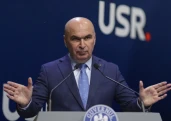





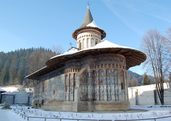
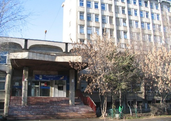
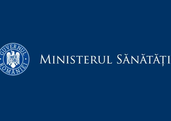
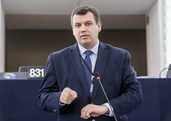

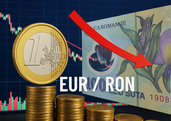
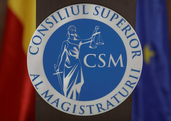





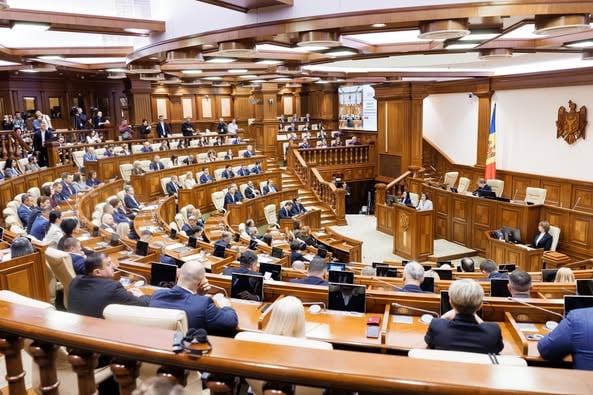








Comentează